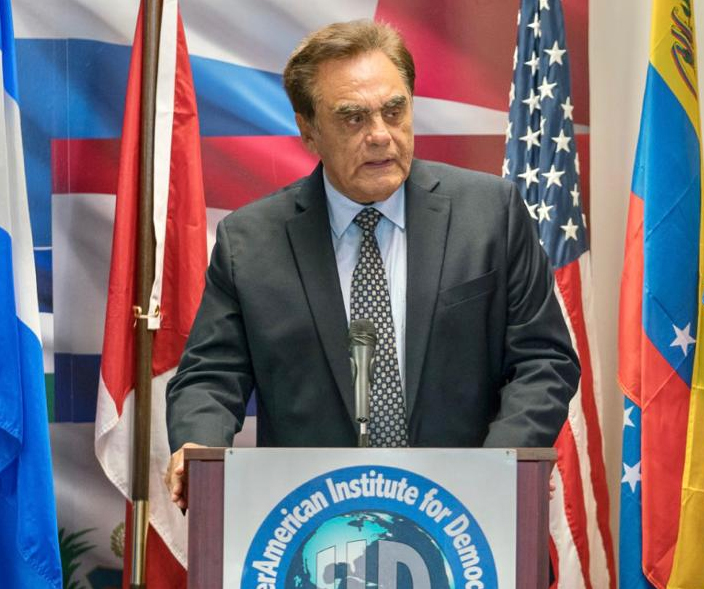Evo, hidden in the third age

By: Luis Gonzales Posada - 16/01/2025
Share:
Evo Morales is hiding in the coca-growing area of Chapare, surrounded by 200 bodyguards, evading a public prosecutor's summons to answer for the crime of raping a 16-year-old girl, with whom he has a daughter.
His lawyer, Jorge Pérez, "justified" his non-attendance by arguing that "he is sick" and is "an elderly person."
Presidential candidate Branko Marinkovic responded that he “knew that the pedophile was not going to come forward to testify. He is seeking refuge in Chapare, protected by coca growers, drug traffickers and part of the government, as he has always done. He says that because of his age he did not come forward, but that did not bother him to look for girls and abuse them.”
This is how this sordid plot unfolds in circumstances where next April marks five years since the illegal arrest of former Bolivian President Jeanine Añez, imprisoned by decision of Evo Morales, President Arce and the Movement Towards Socialism.
According to the coca leader's public confession, the three estates decided that Ms. Añez should be prosecuted in an ordinary trial and not a liability trial, to which she was entitled as a former head of state; therefore, according to law, Congress should first lift her immunity and, if the legislators voted in favor, she should appear before the Supreme Court of Justice.
Regarding this episode, the rector of the Autonomous University of Chile and former foreign minister, Teodoro Ribera Neumann, recalled that the former president was first imprisoned for ten months under the arbitrary modality of "provisional detention" and then sentenced to ten years in prison under the false accusation of unconstitutionally assuming the highest office.
The former Chilean minister said that “a referendum held in 2016 rejected Evo Morales' intention to run for president of Bolivia for a fourth time, but 12 months later, a sweeping ruling by the Plurinational Constitutional Court twisted the popular will and, ignoring the express constitutional prohibition, enabled his re-election.”
He then adds that the 2019 process was “overshadowed by a series of irregularities [that led] to weeks of social upheaval, which, together with national and international pressure, prevented the fraud from being carried out. In this political vacuum, then-Senator Añez Chávez assumed the constitutional presidency, which was later ratified by the respective Constitutional Court.”
She also stated that her country and other nations in the region – including Peru – recognized Ms. Áñez and for that reason she demanded a statement on the issue; that is, that silence not be kept in the face of this and other serious abuses that occur in Bolivia.
Let us remember that, during her short mandate, the former president respected the independence of powers, called for general elections and handed over the presidency to the winner of the elections, Luis Arce Catacora, Morales' candidate, who assumed office on November 8, 2020.
Unlike Morales, Mrs. Añez did not go into hiding, she did not request support from Cuba, Venezuela or the São Paulo Forum, nor asylum from the Mexican government of López Obrador, which generously granted this diplomatic protection, which the frustrated coup leader took advantage of to order his militants to block the entry of food into the cities.
In short, Ms. Añez stayed in her homeland, enduring a noisy campaign of slander and threats from the ruling bloc, accused of sedition and terrorism, just as did the dictatorships that make up the so-called 21st Century Socialism and the network of communist parties in the hemisphere.
The OAS denounced that it was not prosecuted according to law, an act of barbarism also recorded by the European Union, by the UN Special Rapporteur for Human Rights and the Committee against Torture of the world body, as well as by 25 former presidents of Ibero-America.
Remaining silent in the face of these abuses legitimizes totalitarian regimes. We must always remember them in order to build a democratic conscience in the hemisphere.
«The opinions published herein are the sole responsibility of its author».